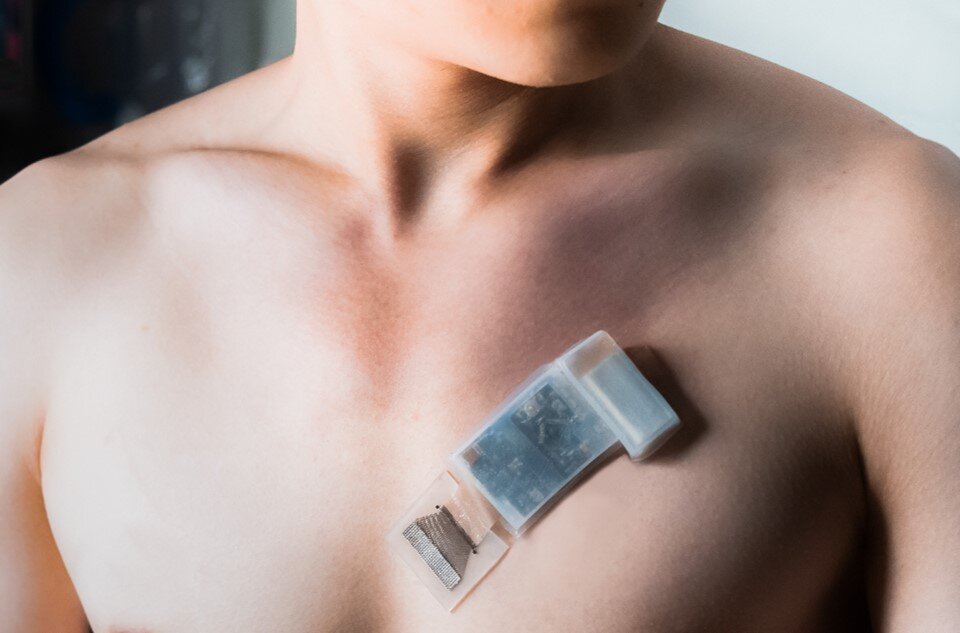Scientists Discover a Simple Test to Predict Biological Age
A groundbreaking new study from US researchers suggests that a simple mouth swab could reveal much more than just dental health. By analyzing chemical markers in saliva, scientists have developed a test that can accurately predict biological age—and potentially even lifespan.
This innovative approach, known as an “epigenetic clock,” measures chemical modifications to DNA that occur throughout life. These modifications, called epigenetic changes, can influence gene expression and play a crucial role in the aging process.
How Does it Work?
The test analyzes the methylation patterns of DNA, which change over time due to factors like environmental exposure, lifestyle choices, and genetic predispositions. By comparing these patterns to a database of known methylation profiles, scientists can estimate a person’s biological age, which may differ significantly from their chronological age.
Implications for Health and Longevity
This test has far-reaching implications for both individuals and the medical community. It could serve as a valuable tool for:
- Personalized healthcare: By understanding a person’s biological age, doctors can tailor treatments and preventive measures to better suit their needs.
- Aging research: Scientists can leverage this data to study the mechanisms of aging and develop interventions to slow or reverse the process.
- Lifestyle decisions: Individuals can use the test to evaluate the impact of their lifestyle choices on their aging process and make informed health decisions.
Although this research is still in its early stages, the potential benefits are exciting. As scientists continue to refine this technology, we may be closer than ever to unlocking the secrets of aging and living longer, healthier lives.







